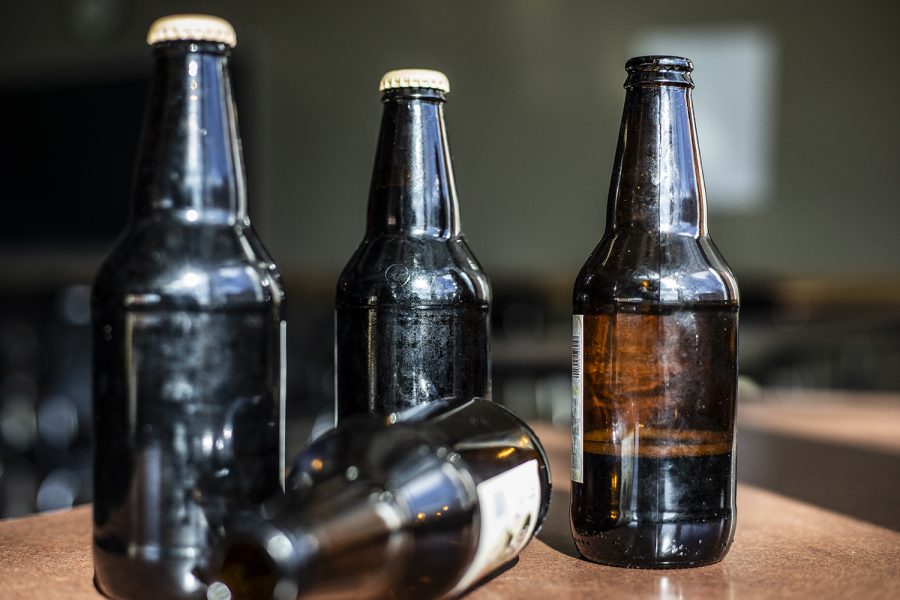Opinion: Moral luck deconstructs the logic of punishing underage drinking
The abstract philosophical idea is tangible when applied to alcohol on college campuses.
February 18, 2020
Suppose two 18-year-old students decide to consume copious amounts of liquor on a Friday night.
Further suppose one of these 18-year-olds, named Sally, drank liquor in her friend’s dorm room. The night was ending, and intoxicated Sally, in her poor state, decided to drive home. She arrived safe, and no one witnessed the event.
Simultaneous to Sally’s drinking, there’s another student, Larry, who was in his dorm room drinking alone. Upon realizing his booze was running low, he decided to drive to a friend’s home to gather more. During Larry’s drive, however, Larry hit and injured a fellow university student. Five years in prison ensued.
It appears that both subjects participated in an equally blameworthy choice of drinking while underage followed by driving under the influence. However, Larry encountered an external factor by chance, namely the university student. Had Sally driven down the same roads, she would have suffered the same consequences as Larry — that is to say, Sally is morally lucky.
Intuitively, moral luck appears a contradiction of terms.
It’s generally assumed that for an action to be labeled “moral,” it requires a form of responsibility, and luck is bankrupt of this quality. This assumption carries the following implication: people cannot differ in their level of responsibility based on variables out of their control.
This control principle ignores the inability to select the culture into which one is born, the genes one carries yet did not author, and the forced values instilled during one’s youth. These unselected elements certainly manipulate one’s decision making, yet those decisions are praised and blamed nonetheless.
Contemporary philosopher Thomas Nagel defines moral luck as follows: “Where a significant aspect of what someone does depends on factors beyond his control, yet we continue to treat him in that respect as an object of moral judgment, it can be called moral luck.”
Moral judgments are only intelligible if responsibility is involved; therefore, luck is a poor basis to award praise and blame.
Both Sally and Larry were equally cognizant of events occurring in real time in precisely the same way. Larry, however, will suffer a larger punishment, and be held more morally accountable than Sally, despite their identical intentions. Larry’s severe punishment, therefore, seems to be on the basis of bad luck. And luck it seems is a poor basis for moral responsibility.
A contention may arise that Larry’s punishment, though not being on the basis of responsibility, serves as a social repellent against driving while intoxicated. But, this treats Larry as a vehicle, and fails to address the problem of individual responsibility.
It now appears clear that punishment ought to be dealt as a soley corrective mechanism given luck is ever present.
One could easily question whether underage students who are caught drinking would alter their behavior on the basis of fines and required courses. Perhaps proper education, starting in the early years of high school, of alcohol effects on the brain may serve society better. The taboo of drinking may be removed with a mature understanding, and then America wouldn’t need a higher drinking age relative to other countries.
Whether lucky or unlucky, there will continue to be dilemmas in desperate need of attention.
Columns reflect the opinions of the authors and are not necessarily those of the Editorial Board, The Daily Iowan, or other organizations in which the author may be involved.





